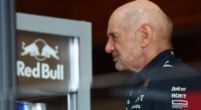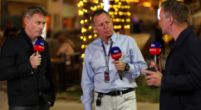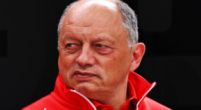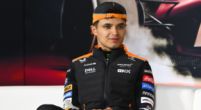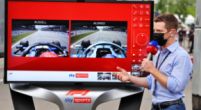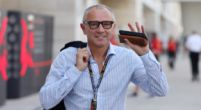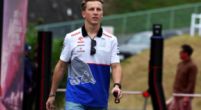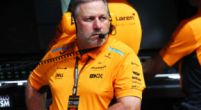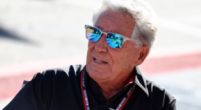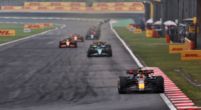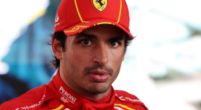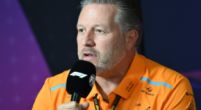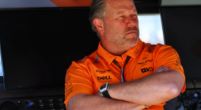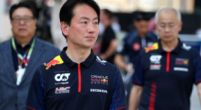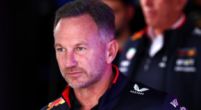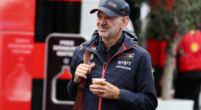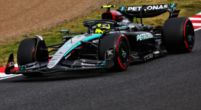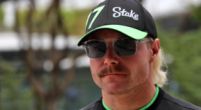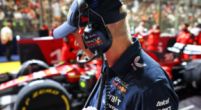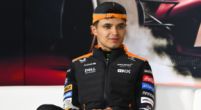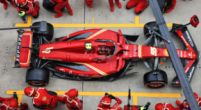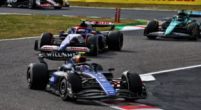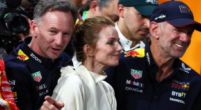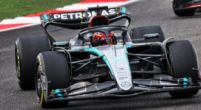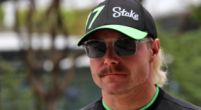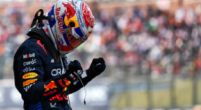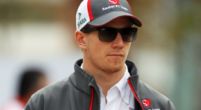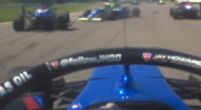Interview
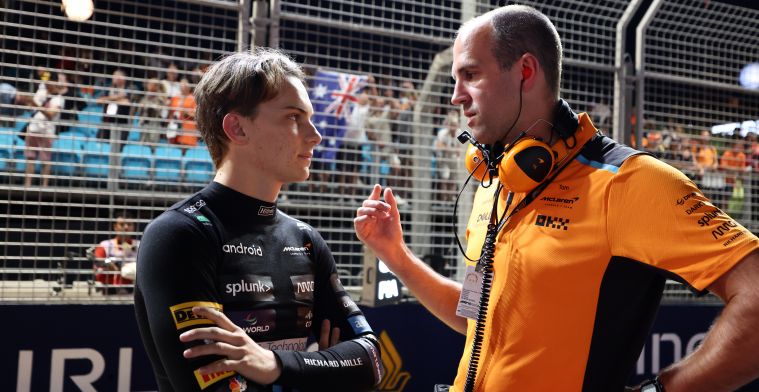
From rowing champion to race engineer: Stallard is the voice in Piastri's head
Tom Stallard (45) knows better than anyone else the sacrifices required to reach the absolute top in sport. As an rower, he became world champion, won Olympic silver at the 2008 Games and also won the iconic boat race between Cambridge and Oxford universities twice. After his retirement, Stallard joined McLaren, where he is currently Oscar Piastri's race engineer.
He is shocked himself. As Stallard is busy introducing himself, he tells GPblog: "I've been here 15 years, which I was horrified to discover that is a quarter of the team's history." So before that, his life revolved almost entirely around rowing. From rowing to Formula 1; that's quite a difference.
"So, I really like sport. I've always been really competitive. I often tell myself I don't, but I actually like the ups and downs of sport. I like the contrasts you get between success and failure being so stark. I like it when you're on the good side of that and you're making life difficult for other people in that regard. So, I'm pretty competitive. I've always enjoyed that."
Stallard enjoys the Formula 1 rollercoaster
In his time as an elite athlete, Stallard has also faced both ups and downs. Those experiences help him in his work at McLaren. "It's definitely prepared me for the ups and downs you get working in Formula 1. Having a race at least every two weeks. Getting measured against the best teams in the world. Very often coming out of that without the result that you're totally happy with. Other times being really excited with the result you've achieved. But being able to live with that and kind of ride those highs and lows. Enjoy that rollercoaster if you like rather than being unsettled by the ups and downs. It's definitely taught me that," the Briton says.
In racing, there are also big differences from rowing. "One of the differences, particularly when I joined the [Cambridge] rowing team and international rowing generally, is all about the people. You pretty much ignore the equipment. Any time spent on the equipment is the detraction from making the team and the people better."
"When I joined Formula One it was very much the other way. So, the prevailing attitude was that if you had a good enough car, your driver would be good enough to win. Within the time I've been in Formula One, the sport has evolved. I've enjoyed being a part of that. That we're now in a much stronger position to coach the drivers and help the drivers understand how to better exploit the car they've got. I don't want to claim more credit for that because I think other teams have made progress as well. Not just McLaren. But that's been cool."
The psyche of Oscar Piastri
While Stallard has a technical background, he says he has always been hugely fascinated by psychology in sport, at what really drives top athletes. "A big part of my job now is kind of managing not just Oscar’s psychology, because in some way that's obvious, but also the team around him's psychology. And keeping everyone on the same page and pushing in the same direction and in the right frame of mind to get the best out of the weekend."
The race engineer is actually the voice in Piastri's helmet. Stallard has put a lot of thought into how he can add value for the Australian. To do so, he actually enters the driver's psyche. The Briton explains: "What actually happens in your brain if you start to think of a question, you'll naturally first start to think of the answer, then you might look around to work out what the answer is, then you'll start to think ‘okay I don't know the answer so I need to ask a question’. Then you have to frame the question in the right way to get the answer you need."
"There's quite a long process between ‘I wish I knew about that’ or ‘that’s interesting’ to actually formulating a solution to that question and during that process you're not thinking about racing or driving a car. You’re not thinking about the next corner ‘can I brake one meter later or brake a bit harder’. You're not thinking about maybe that last corner was wind so it won’t happen again next time. Which are the kind of thought processes you want to encourage."
"So the challenge for the race engineer is to predict what the driver doesn't know and give him that information. But you have to do that against the background of the fact that every time you speak to him, you're distracting him. So if you say nothing he'll distract himself. Judging that balance super accurately, that's the challenge of being the voice in his head because you want to be the positive voice in his head, not the demon," Stallard argues.
This interview was co-authored with Tim Kraaij


